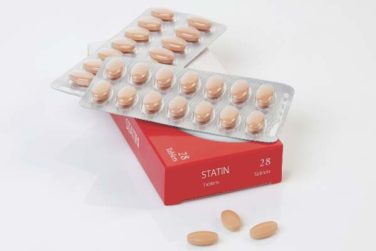Silver sulfadiazine appeared to disrupt cytokine activity, suppress macrophage recruitment, and inhibit collagen deposition and re-epithelialization in mice with full-thickness burns, the researchers reported.
“Our data suggest a mechanism by which [silver sulfadiazine] impairs wound healing … though further investigations are necessary,” said coauthors Jamie Rosen and Angelo Landriscina and their associates at the Albert Einstein College of Medicine, New York.
Silver sulfadiazine (SSD) is a broad-spectrum antimicrobial used widely for treating second- and third-degree burns. Despite its popularity, some past studies have found it inferior to other wound treatments. To explore why, the investigators created two full-thickness thermal burns each on the backs of 102 mice and treated 46 of the mice with 50 mcL of 1% SSD cream per wound/day. The other mice served as untreated controls (J. Invest. Dermatol. 2015 [ doi: 10.1038/jid.2015.21 ])
Photographs and computerized wound measurements showed that by day 3, the SSD group had greater wound expansion than did the control group (49.7%, compared with 23.8%; P < .0002), said the researchers. Furthermore, the SSD group had only 16.3% wound closure by day 10, compared with 42.1% for controls (P < .005). Cytokine assays also showed that the SSD group also had lower expression of IL-1 and IL-1ra, while histologic studies revealed fewer macrophages and less collagen deposition and re-epithelialization.
“We hypothesize that SSD alters gene expression of IL-1 family genes, resulting in impaired downstream cytokine production and ultimately delayed wound healing,” concluded the authors. But because data in mice do not always translate to humans, more studies would be needed to confirm the mechanism.
The investigators reported no funding sources and declared no relevant financial disclosures.




